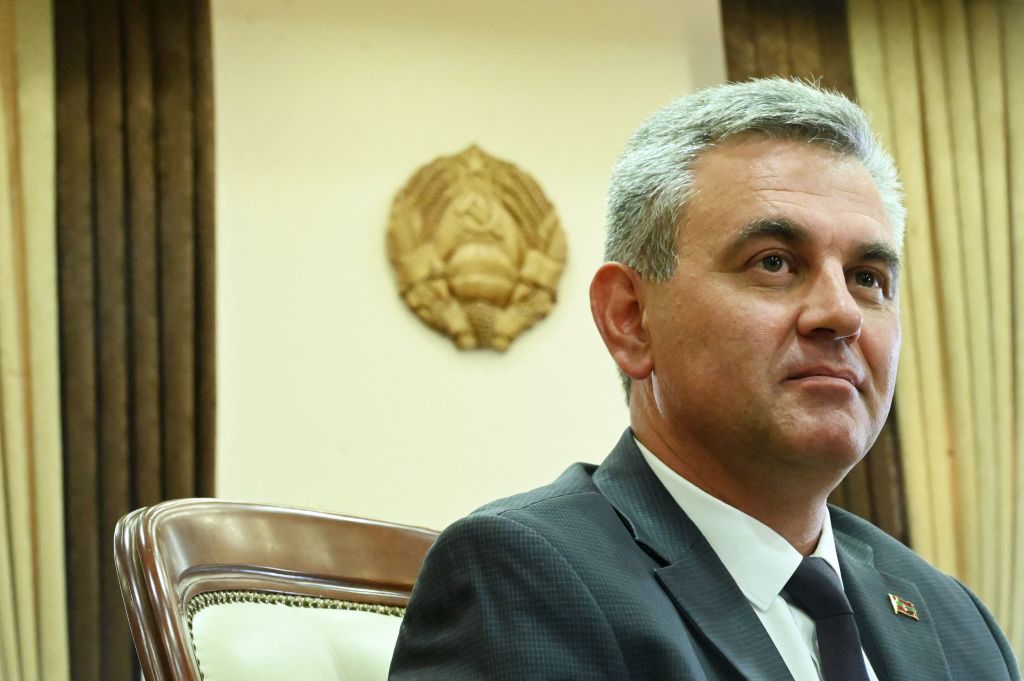ISW: Russia sets conditions to destabilize Moldova

The Kremlin prepares to destabilize Moldova, likely as a part of the efforts to hinder its EU integration, among other objectives, the U.S.-based think tank Institute for the Study of War (ISW) wrote in its Jan. 28 assessment.
Tensions between Moldova and Russia escalated following Moscow's full-scale invasion of Ukraine, with the pro-Western government of Moldova repeatedly accusing the Kremlin of destabilization attempts.
Alexei Polishchuk, the director of the Second Department of the Commonwealth of Independent States (CIS) Countries at the Russian Foreign Ministry, claimed in an interview on Jan. 28 for the Russian state-run media outlet TASS that Moldova began to "destroy its ties" with the Russian-led CIS organization, as the rumors about Moldova leaving the CIS by the end of 2024 are circulating.
The CIS was established following the breakup of the Soviet Union in 1991, and it currently groups nine former Soviet republics. Moldova has not formally left the CIS but effectively suspended its participation in the organization in 2022.
Polishchuk alleged that leaving the CIS would not benefit citizens or the Moldovan economy. He also mentioned that the settlement of the Transnistria issue in Moldova is in a "deep crisis," and Russia could fix deteriorating relations between Moldova and Transnistria as a "mediator and guarantor" in this issue.
Transnistria is a breakaway region internationally recognized as part of Moldova. Russian troops have occupied Transnistria since the early 1990s when Russia invaded the region under the pretext of protecting ethnic Russians.
Moldovan Deputy Prime Minister Oleg Serebrian announced on national radio on Jan. 28 that Moldova would not return to the 5+2 Transnistria negotiating process that included Russia as the Russian full-scale invasion of Ukraine continues.
Speaking at a press conference on Jan. 29, Serebrian said Chisinau is determined to resolve the Transnistria issue "exclusively" through peaceful means.
"This position is supported by our colleagues in Kyiv. There are no plans for military or other kind of pressure on Transnistria," the official said.
According to the ISW, Russia could make similar claims to Moldova as to Ukraine, referring to Russia’s accusations of Ukraine’s "abandoning" the Minsk Agreements, used as part of justifications for the full-scale invasion.
In a previous assessment, the ISW determined that Russia is slowly shaping the information space aimed at destabilizing Moldova and justifying any future campaigns by framing Russia as a protector of "threatened Russian language speakers" in Moldova.
This approach is almost identical to the narratives constructed by Russia to justify the full-scale invasion of Ukraine.
In January, Russian-state media continued to embolden pro-Russian separatists in Moldova, possibly in an attempt to sow political instability and division, the ISW reported.












